

2019-04-15 08:37:00 Mon ET
technology social safety nets education infrastructure health insurance health care medical care medication vaccine social security pension deposit insurance
Chinese Belt-and-Road funds large international infrastructure investment projects primarily in East Asia, Central Asia, North Africa, and Italy. Chinese Belt-and-Road aims to strengthen infrastructure, trade, transport, and investment links between China and 65 other countries that collectively account for more than 30% of global GDP, 62% of world population, and 75% of international energy. In fact, East Asia, Pacific Basin, Central Asia, and some parts of Europe account for almost 80% of total exports from Belt-and-Road economies, and these Belt-and-Road economies account for 37%-43% of world exports and intermediate goods as of early-2019.
Belt-and-Road economies exhibit substantive integration into global value chains as China plays a more central role in this cross-border trade integration. In recent years, the main economic engine of Belt-and-Road exports has been the global demand for key consumer electronic appliances from iPhones and iPads to tablets, laptops, and other robotic products.
However, U.S. State Department continues to raise grave concerns about opaque financial practices, subpar governance standards, and less inclusive social norms and principles in the Chinese Belt-and-Road program. America remains a staunch opponent of this trans-continental infrastructure scheme. This scheme serves as a new investment vehicle for China to spread its core financial prowess and influence overseas.
If any of our AYA Analytica financial health memos (FHM), blog posts, ebooks, newsletters, and notifications etc, or any other form of online content curation, involves potential copyright concerns, please feel free to contact us at service@ayafintech.network so that we can remove relevant content in response to any such request within a reasonable time frame.
2026-02-02 12:30:00 Monday ET
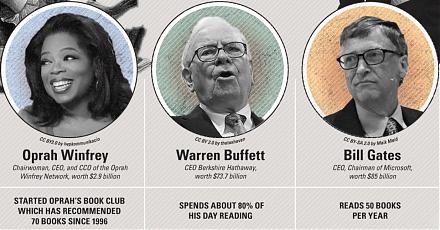
With U.S. fintech patent approval, accreditation, and protection for 20 years, our proprietary alpha investment model outperforms most stock market indexes
2019-01-08 17:46:00 Tuesday ET
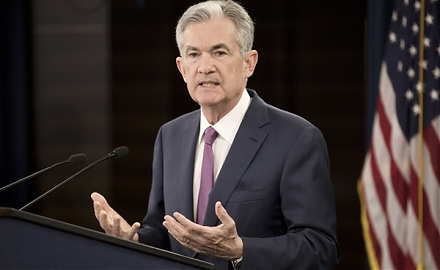
President Trump forces the Federal Reserve to normalize the current interest rate hike to signal its own monetary policy independence from the White House.
2017-04-07 15:34:00 Friday ET
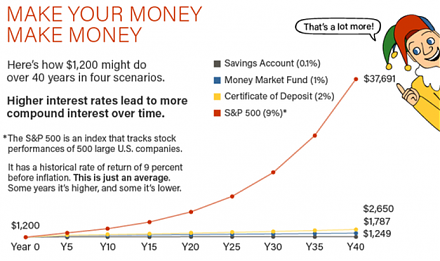
Would you rather receive $1,000 each day for one month or a magic penny that doubles each day over the same month? At first glance, this counterintuitive
2018-02-11 07:30:00 Sunday ET
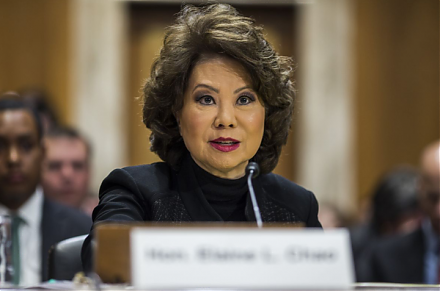
President Trump unveils his ambitious $1.5 trillion public infrastructure plan. Trump proposes offering $100 billion in federal incentives to encourage stat
2019-11-21 11:34:00 Thursday ET
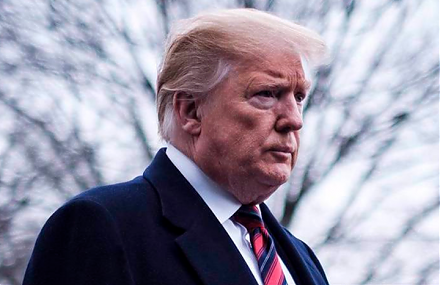
Berkeley macro economist Brad DeLong sees no good reasons for an imminent economic recession with mass unemployment and even depression. The current U.S. ec
2026-01-31 10:31:00 Saturday ET

In recent years, several central banks conduct, assess, and discuss the core lessons, rules, and challenges from their monetary policy framework r